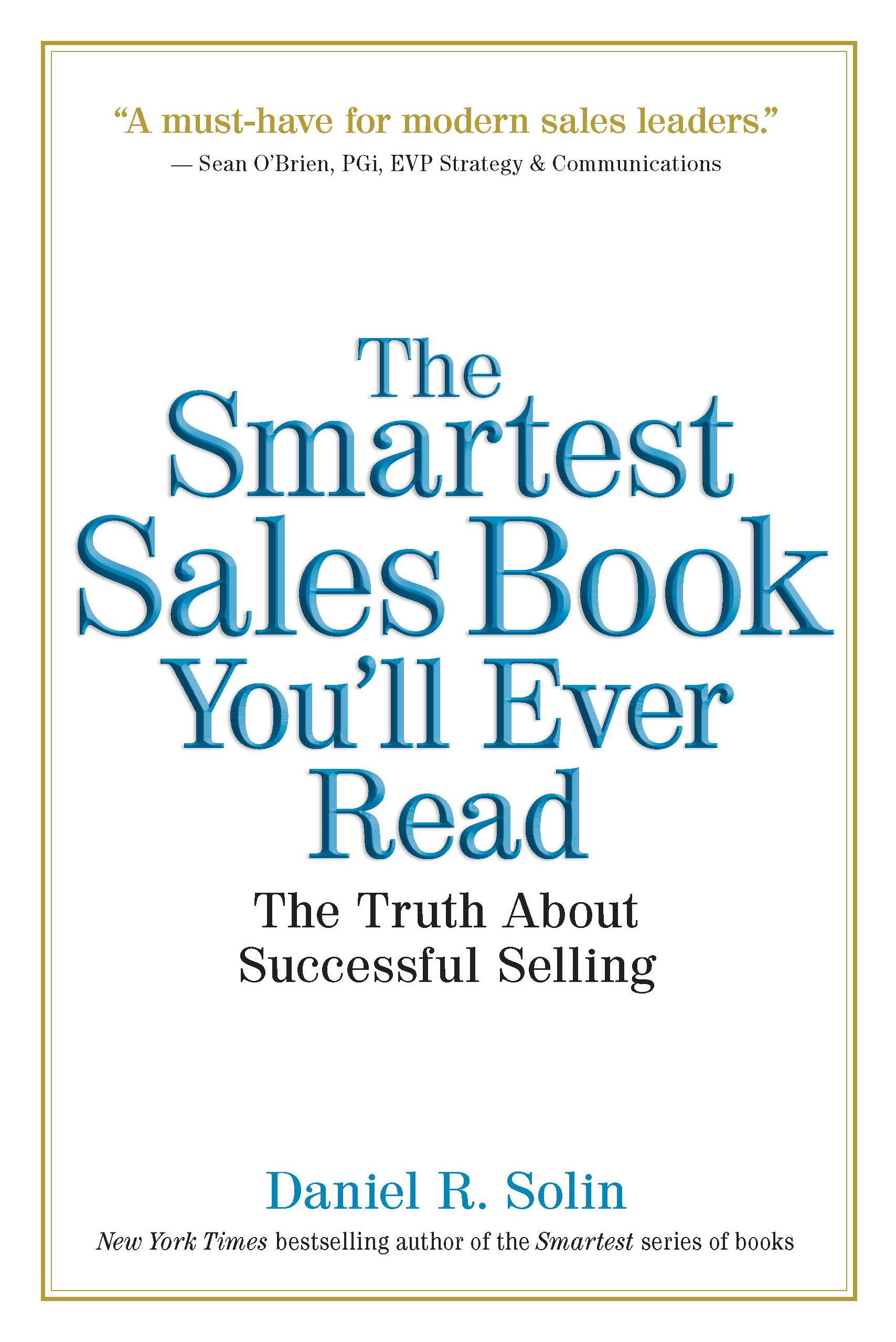As an investor, you are probably concerned about "uncertainty" in the market. Sometimes it may feel like you are just waiting for the other shoe to drop. It probably doesn't help that the financial media appears so vocally divided between those who believe the bull market will run at least through 2015 and others who are sure a correction is imminent.
If you are fortunate enough to have benefited from the extended bull run currently underway, you may be tempted to secure your profits, dump your stocks and sit on the sidelines. If you missed out on the market rally, maybe you believe it's not too late to get into the game, and you might be thinking about increasing your allocation in stocks.
Many brokers, and much of the financial media, encourage this kind of thinking. However, when put in context, it makes absolutely no sense.
Volatility in context
The MSCI World Index captures large- and mid-cap representation of stock market returns across 23 developed markets. The index covers approximately 85 percent of the free float-adjusted market capitalization in each country.
A review of the returns to this index from 2000 through 2013 indicates that "uncertainty" is more the norm than the exception. During that 14-year period, annual returns ranged from a high of 33.76 percent in 2003 to a low of -40.33 percent in 2008. Returns were positive in nine of the 14 years and negative in the remaining five.
Some of the swings in returns were quite dramatic. In 2008, the index lost 40.33 percent. In 2009, it gained 30.79 percent. If you dumped your stocks in 2008 and "fled to safety," you may have missed out on the returns that followed. The gains to this index included a 12.34 percent return in 2010, a 16.54 percent return in 2012 and a 27.37 percent return in 2013. The index lost 5.02 percent in 2011. It rose 5.50 percent in 2014.
Significance of long-term returns
The long-term returns of the index are meaningful. Since May 31, 1994, its annualized return is 7.41 percent.
Think about that 20-year return for a moment. You can purchase an exchange-traded fund (ETF) that tracks the MSCI World Index. iShares MSCI ACWI (ACWI) is one such fund. Its inception date was March 26, 2008, and its annual expense ratio is a low 0.33 percent. Its three-year total return is 14.58 percent.
Of course, past performance is not predictive, but the long-term performance data of this broadly diversified index is impressive.
Your long-term returns
Most investors, relying on the advice of brokers and reacting to information they see in the financial media, bounce in and out of the markets, chasing returns. This emotionally driven behavior often results in significantly lower returns for investors than those reported by mutual funds.
According to Morningstar, the average fund (including both stock and bond funds) returned 7.05 percent over the 10-year period ended 2012, but the average investor netted only 6.1 percent. In some sectors, the gap was even more significant. The typical international stock fund returned 10 percent annualized during those 10 years, but the average investor only earned 6.8 percent.
In absolute terms, the average investor's returns (annualized over the 20-year period through Dec. 31, 2013) have been estimated to be as low as a pathetic 2.5 percent. This return was less than the returns of almost any asset class other than Asian emerging markets or Japanese stocks. It was even less than five-year Treasury bills, which are deemed risk-free.
A revolutionary approach to investing
Here's a revolutionary approach to investing that you may consider starting in 2015. After you decide on your asset allocation, consider investing in ETFs, index funds or passively managed funds that track broad indexes in the stock and bond markets. You will be able to simplify your portfolio by reducing your number of holdings. For stocks, ACWI is one choice. When it comes to fixed income, Vanguard's Total Bond Market Index Fund (VBTLX), for example, provides broad exposure to U.S. investment-grade bonds with an extremely low expense ratio of 0.08 percent.
There is risk in all stock investments. The three-year standard deviation (a measure of volatility) of ACWI is 10.55 percent, which is slightly higher than the three-year standard deviation of 9.04 percent for Vanguard's S&P 500 ETF (VOO).
Once your portfolio is in place, spend as little time on investing as possible. I call it the "Jerry Seinfeld" approach to investing. For many people, one or two hours a year should be more than adequate to monitor your new, simplified portfolio.
Ignore short-term market volatility. Don't watch the financial news. Your activities should be limited to rebalancing periodically and tax-loss harvesting when appropriate (assuming there is no life event requiring a change in your asset allocation).
In addition to having higher expected returns, this "do nothing" approach to investing has the collateral benefit of reducing stress and anxiety while freeing up your time for activities that give you genuine pleasure.
 Dan Solin is the director of investor advocacy for the BAM ALLIANCE and a wealth adviser with Buckingham. He is a New York Times best-selling author of the Smartest series of books. His latest book is The Smartest Sales Book You'll Ever Read.
Dan Solin is the director of investor advocacy for the BAM ALLIANCE and a wealth adviser with Buckingham. He is a New York Times best-selling author of the Smartest series of books. His latest book is The Smartest Sales Book You'll Ever Read.
The views of the author are his alone and may not represent the views of his affiliated firms. Any data, information and content on this blog is for information purposes only and should not be construed as an offer of advisory services.

